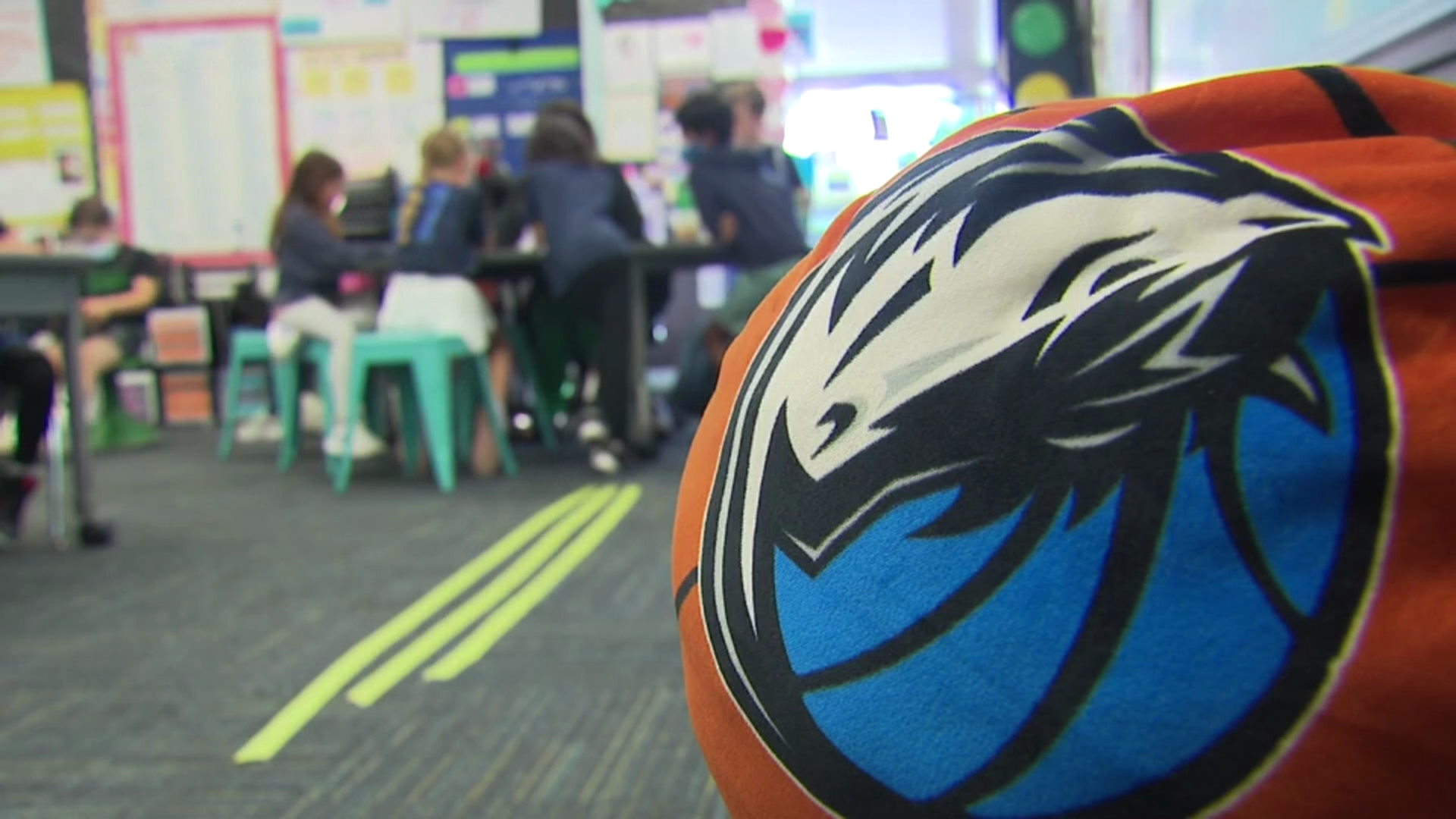A new surgery at Cook Children’s Medical Center is offering a cure for babies born with a rare disorder of the pancreas.
On Wednesday, 1-month-old Kylinn Scroggins, of Big Spring, was the first baby to undergo the procedure at the Fort Worth hospital.
Her mother, Ke’Arra Scroggins, said she knew something wasn’t right soon after Kylinn was born in Midland.
"They come in and tell me they can't get her sugars up,” the mother said.
A problem with Kylinn’s pancreas meant she produced too much insulin and not nearly enough sugar — the opposite of diabetes.
"It was all kinds of emotions,” Scroggins said. "It was definitely the scariest thing ever."
For two weeks, doctors weren't sure what the problem was.
Local
The latest news from around North Texas.
When they learned it was a disorder called hyperinsulinism, they transferred her to Cook Children’s for a brand-new surgery.
"At first I was sort of leery because it is so new,” Scroggins said.
In the procedure, surgeons injected an experimental radioactive dye to highlight the part of the pancreas that wasn’t working properly.
Instead of removing the entire pancreas as they’ve had to do in the past, doctors were able to take out just the diseased part.
Removing the entire gland had meant patients faced a lifetime of challenges, including possible brain damage.
In Kylinn’s case, the operation went flawlessly.
"We knew immediately after surgery that it had worked,” said Dr. Paul Thornton, a pediatric endocrinologist. “And so when we told mom, she was so delighted."
Scroggins said doctors had warned her the surgery could take up to 10 hours but it actually lasted less than two hours.
"I was ecstatic,” she said. “I didn't even think of anything else. I was just so happy and relieved."
"She knew now that her baby could have a normal life and that would have been not the case beforehand,” he said.
Kylinn is doing so well, she and her mother could go home in just a few days.
Only one other hospital in the country — in Philadelphia — does the surgery. Thornton helped start that program before moving to Fort Worth.
He said it took four years to get the program approved here because the dye uses an experimental drug that requires permission from federal regulators.



